The Alps are about to get a mid-May dump. It’s hard to believe, on a day when much of Europe is basking in magnificent late-spring sunshine: but it seems as though half a metre could fall in places. It may settle down to 1500m in France and 1800m in Austria.
Here’s how our snow forecast for the Alps is looking for May 15. The following day should see more of the same, with the storm spreading further into Austria.
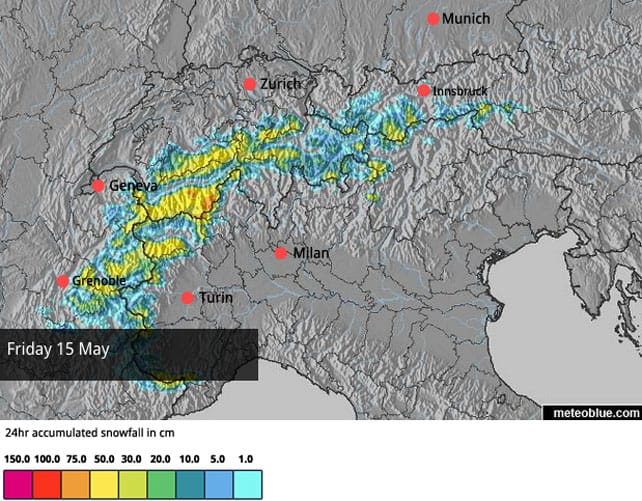
It’s likely to warm up again on Monday. But if you check out the mid-range forecasting models, it doesn’t look as though hot sunny weather will be holding sway for long. There could be more snow next week.
Not everyone’s going to celebrate. The mainstream ski season is now done and dusted. Val Thorens and Tignes were the last “normal” ski resorts to close, on Sunday, and now only a handful of glacier lift systems are left. What’s more, Alpine resorts now want to get everyone excited about the summer scene – when mountain biking, adventure parks and, er, yodelling are all on the menu. Snowstorms in the middle of May are a bit off-message.
But it is great news for the glaciers. In Austria, you can currently ski on four of them: the Hintertux (which is open all year) the Stubai (which closes on July 3), the Kaunertal (closes June 7) and the Kitzsteinhorn (closes May 25). In Switzerland, pistes are open above Zermatt (all year) and Engelberg (closes May 25), and there’s weekend skiing in Cervinia too, until the end of the month. After a sizzling start to the week, which has seen the freezing point rise to nearly 4000m in places, the new snow and cooler trend in the weather will be very welcome.
Don’t forget, several resorts will be opening their glaciers for summer skiing in June and July – including Val d’Isere, Tignes, Les Deux Alpes and Saas-Fee. The more snow they can accumulate now, before summer takes hold, the better.
Here’s how it was looking on the Betterpark on the Hintertux glacier earlier today.
Meanwhile, this was the scene on the Stubai glacier this afternoon.
In the southern hemisphere, all the talk is of El Niño
You’ve probably heard. El Niño is back. According to America’s Climate Prediction Centre the Pacific Ocean weather anomaly began to emerge at the end of March. Although its most recent update said that, “there is considerable uncertainty as to how strong this event may become”, Australia’s Bureau of Meteorology has predicted that it could be “substantial”. It’s likely to persist throughout the northern hemisphere summer and into autumn too.
If it is a powerful event, then the ski seasons in Australia, New Zealand and South America are all likely to be affected. Exactly how is another matter: and you should take any sweeping generalizations with a pinch of salt, especially if they come from ski travel companies, predicting a winter of endless powder.
However, the consensus seems to be that it’s likely (but not certain) to be milder and wetter over central Chile – which could mean more snow in high-altitude resorts of the Andes. Meanwhile in New Zealand, a colder-than-normal winter is on the cards, which should benefit the country’s ski fields.
In eastern Australia, El Niño is normally associated with drought, and is considered bad news for the resorts of the Snowy Mountains. “Most of the poorer ski seasons are associated with El Nino events,” said David Jones of the Bureau of Meteorology. However, one forecaster has been putting a more positive spin on the outlook, suggesting clear skies at night will mean lower temperatures, helping preserve the cover once it’s in place. (Although the fact that these conditions are also good for snow-making is probably more important.)
What we do know for certain is that there’s already been snow at Perisher, in New South Wales…
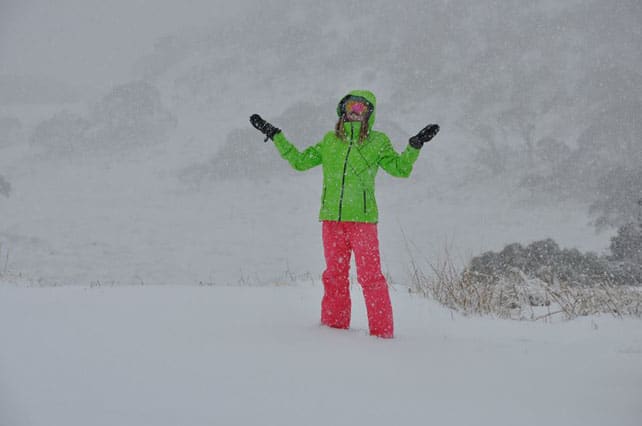
| France: French ski resorts are now closed, but the glaciers above Val d’Isere (June 6 – July 12), Les Deux Alpes (June 20 – Aug 29), and Tignes (June 27 – August 9) will all be open for short summer seasons. | |
| Switzerland: currently Zermatt reports 200cm of snow at 2900m. Here, eight lifts are currently open, serving 11 pistes. Meanwhile, Engelberg has 150cm of mid-mountain snow, and 350cm at the top. | |
| Austria: four glaciers are currently open in Austria for skiing. On the Stubai glacier, the snow is up to 260cm deep on the pistes. Meanwhile above Kaprun, the Kitzsteinhorn glacier reports snow 180-350cm deep on its pistes. | |
| Italy: Cervinia is opening for the weekends in May, and currently has up to 210cm of settled snow on its pistes. | |
| Andorra: Andorra’s ski resorts have now closed for skiing. | |
| Western USA: In Colorado Arapahoe Basin will be open, seven days a week, until June 7. It has 130cm of settled snow on its trails. | |
| Western Canada: Whistler has now shut the lifts on Blackcomb mountain. They reopen to skiers on June 20 for the short glacier season. Whistler mountain will be open until May 18, and reports a mid-mountain snowpack of 173cm. |

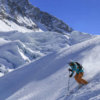
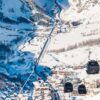

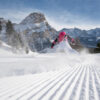
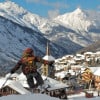
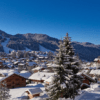

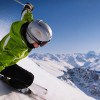
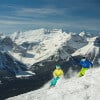
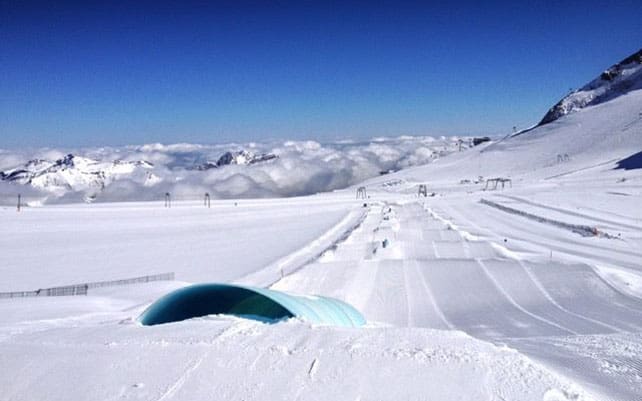
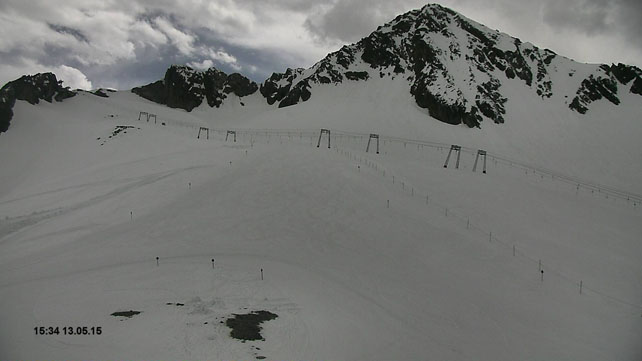
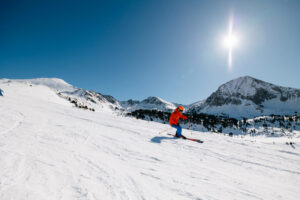
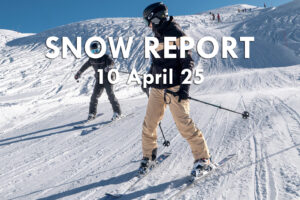

Add Comment